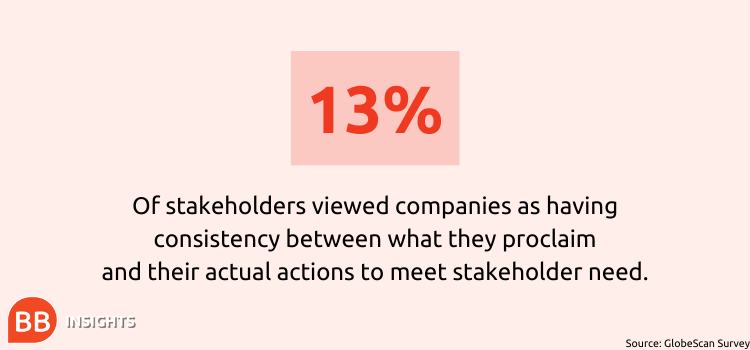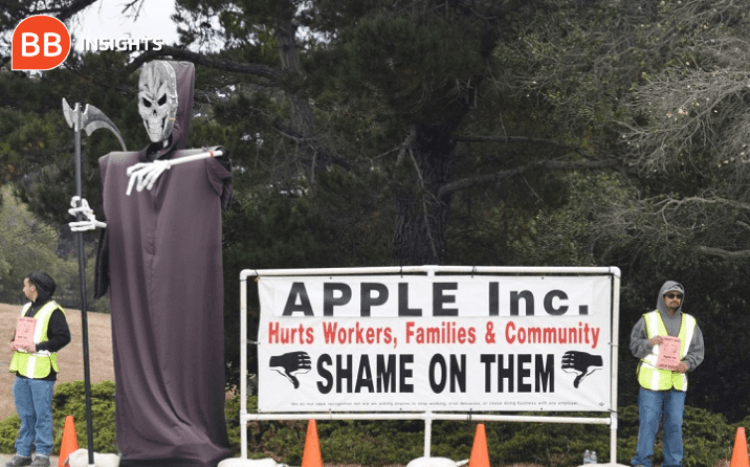
A good example is Phillip Morris International (PMI), an American cigarette company. The firm issued a statement committing itself to a smoke-free future. It’s a US company, operating under US law. If it can issue a statement, so can others.
2. An integrated report
PMI’s statement forms the basis for its integrated report, the next step Robert encourages. Concise communication about how an organization’s strategy, governance, and performance are contributing to its value creation for stakeholders over the short, medium, and long-term takes the statement of purpose and puts it into an actionable framework.
3. Become a Delaware Public Benefit Corporation (PBC)
The third step is to become a Delaware Public Benefit Corporation: an organization that acts under the same laws and with the same internal structure but with a public interest purpose set out in its certificate of incorporation.
It allows firms to act on a purpose beyond maximizing profit for shareholders. All a company needs to convert to PBC status is a majority vote by shareholders.
“It’s a good way to test investors’ words about the importance of purpose in their portfolio companies,” Robert says. “It puts a gun to everybody’s head in terms of whether they mean what they say about stakeholder primacy.”
It would also help to tackle transparency around tax reporting.
The Global Reporting Initiative (GRI) reported that tax havens cost governments $500-600 billion per year in lost corporate revenue; on top of that, 91 corporations in the US paid no federal income taxes in 2018. To help fight the issue, the GRI recently launched the first global standard for tax transparency.
50 years on from Milton Friedman’s doctrine the detrimental impact of profit at all cost capitalism has been exposed. The COVID-19 pandemic has emphasized the need for stakeholder focus and conscious capitalism to prevail.
The commitments of the Business Roundtable are well-intentioned. But 50 years from now, it won’t be good enough to look back and see the promises of stakeholder capitalism as empty words, laid bare.
Read more from BB Insights:
How TikTok's Turmoil Could Change The Course Of Big Tech
What Does Huawei's UK 5G Ban Mean For The Internet Of Things?
BB Insights explores the latest research and trends from the business school classroom, drawing on the expertise of world-leading professors to inspire and inform current and future leaders
RECAPTHA :
dc
6c
fa
63








